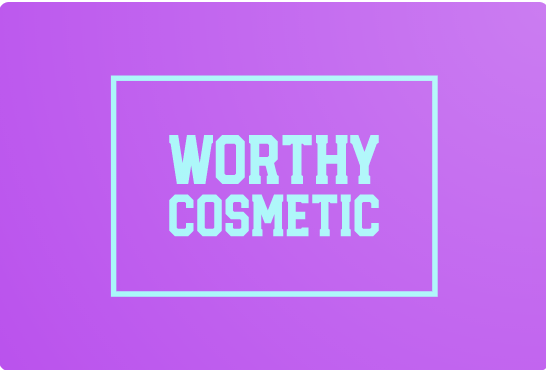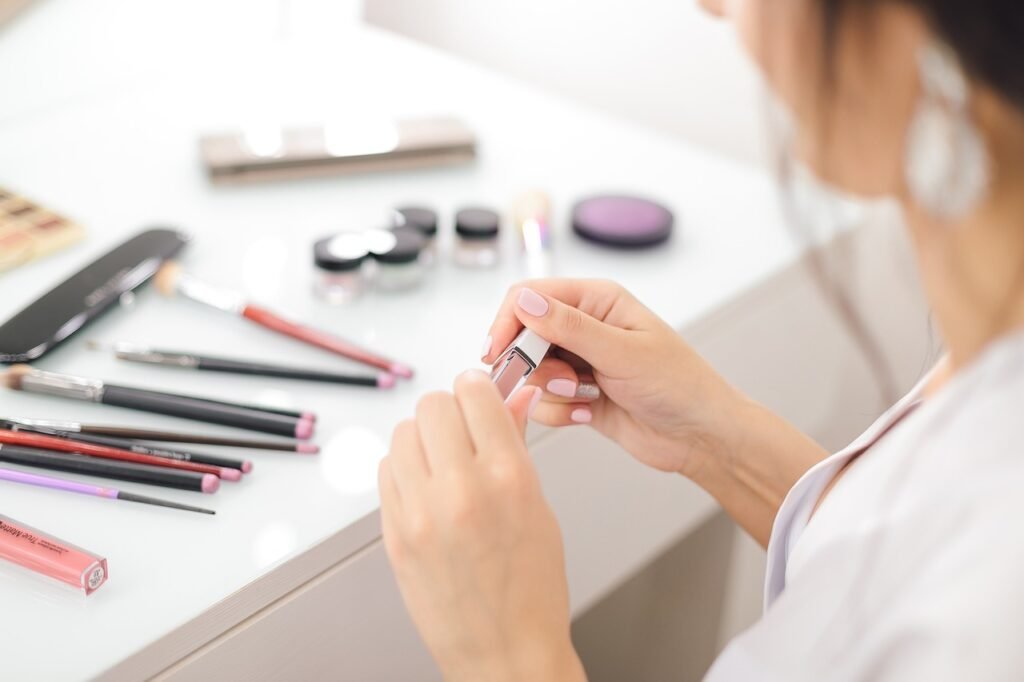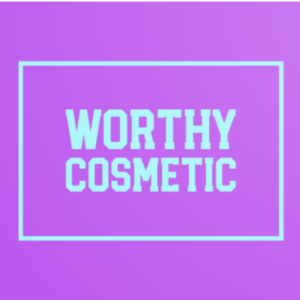As the world’s second-largest economy, China’s cosmetics industry significantly impacts the global market. Many foreign companies and beauty brand owners want to work with China suppliers for cost-efficiency advantages, a wide range of product options, and highly-skilled workforces in this field. This article will explore basic steps to help you create your own label cosmetics line in China.
Here are some basic guides that might help with your business career.
- 1. Choosing a Reliable Manufacturer – Tips and Tricks to Find the Right Partner
- 2. Developing Your Own Product Formulations and Brand Identity
- 3. Discussing Pricing, Packaging, and Labeling Requirements with Your Manufacturer
- 4. Navigating International Regulations and Certifications Needed for Creating Cosmetics in your country
- 5. Strategies for Testing Your Products with Customers Before Launch
- 6. Ways to Market Your Private Label Cosmetics Online and Offline
- 7. What are the Average Costs for Private Label Cosmetics in China?
Choosing a Reliable Manufacturer – Tips and Tricks to Find the Right Partner
The first step in creating your label cosmetics line is finding a reliable manufacturer in China. Here are some tips and tricks to help you find the right partner:
- Search online to find some potential manufacturers, including some well-known platforms that do B2B business very commonly, like Alibaba, made in China, global sourcing.. google it you will get tons of resources about that. But you still need to check carefully with their certifications, experience, client reviews, etc. And for me, if you really can’t be sure if the company is worth working with, you can just try a few small orders before making a big order. Usually, five orders are finished, and you will know if the company is good to work with.
- Research whom they worked with, and check all their website info, blog, and social media to feel the company atmosphere. If a company has a long history and uses a professional machine, also when talking about your market, they have many experiences to talk about; then it may be a good factory. But sometimes, it depends on whether the partner- the one you work directly with- is understandable, reliable, efficient, and responsible. If they are, you guys will solve problems together, even if you have some issues. So you will not feel helpless. Yes, that’s important.
- Find the right supplier for your business; I mean, it’s not always the best solution to find a very big company because they usually request more big MOQ and higher prices. Also, some company is big, but their main sales part is for retails, or they do their own brand; maybe it’s not very mature to make a private label and customized formula. So depending on your business need, finding a suitable scale supplier is the best choice.
Developing Your Own Product Formulations and Brand Identity
Once you have found the proper manufacturer, it’s time to create your unique product formulations and brand identity. Here are some things to consider during this step:
- Conduct in-depth market research to determine your target audience and the needs that your product will meet. Maybe it’s now popular on Instagram and TikTok. Or maybe your workshop finds it’s a new business opportunity for a new section, and you can catch it.
- Develop a comprehensive understanding of your competitor’s products and their strengths and weaknesses. We need to make sure that our products have their place when we go to the market, right? You will confirm your advantages, or we can say “brand identity” in the market.
- Work with a skilled factory team to choose or create formulations that meet your needs. Usually, factories will have their own different formula for different needs; you can choose from that list, or some clients don’t want the same thing, so they can discuss with the factory to make their own formula based on the current formula or give a benchmark sample, the lab will make out a similar one for you to test.
Discussing Pricing, Packaging, and Labeling Requirements with Your Manufacturer
After confirming your product formulations and brand identity, discussing pricing, packaging, and labeling requirements with your manufacturer is essential. Here are some critical things to consider:
- Negotiate pricing based on the volume of products you plan to order. More large quantities, lower price for each item.
- Discuss packaging options that meet your brand identity and protect your product during shipping and storage. The factory usually has a design colleague to help you make the box design and printing design come true. Usually, what you need is to have your own logo first, better in AI format. If your logo is just a word and not complicated, you just need to tell them the color of the logo, the word it is, and the font it is, and the factory will make a sample for you to check if that effect is what you want, super easy, right?
- Ensure labeling meets your market’s regulations and includes essential product information such as ingredients, net weight, and use instructions. Usually, factories have the experience to do this, but if you have a problem in your country or want to make sure that in advance, you can find some consultant company in this field (google it you will find a related company in your place), then they will tell you, or help inspect the design and writings on the packaging.
Navigating International Regulations and Certifications Needed for Creating Cosmetics in your country
Navigating international regulations and certifications for creating cosmetics in your place can be daunting. Here are some things to consider:
Research the related regulations and certifications required for your specific product category. Work with your manufacturer to ensure that your product meets regulatory requirements.
Here I suggest hiring an experienced regulatory consultant to guide you through the complex regulatory landscape. Here I recommend you can find an assistant company in your place to help do the paper works for you, because they are more efficient in this field, and you don’t have to know everything detail of each rule, that will save a lot of your time and money, energy.
Strategies for Testing Your Products with Customers Before Launch
Before launching your private label cosmetics line, you must test your products with customers to ensure they meet consumer needs. Here are some strategies to consider:
- Test with your team or friends or your customers to gather consumer feedback.
- Use social media to share your product and gather feedback from followers.
- Holding some parties to increase the visibility of your products.
Ways to Market Your Private Label Cosmetics Online and Offline
After testing your products with customers, it’s time to market your private-label cosmetics online and offline. Here are some ways to consider:
- Develop a comprehensive marketing strategy that includes social media, influencer marketing, and e-commerce.
- Using the vast live-streaming market to showcase your product and build brand awareness.
- Attend beauty exhibitions to showcase your product and connect with potential customers and partners.
- Send some MCN or influencer to help sell your products.
What are the Average Costs for Private Label Cosmetics in China?
The average cost for creating a private-label cosmetics line in China depends on various factors, such as the product category, formulation complexity, and production volume. Here are some average costs to consider:
Minimum order quantities usually range from 1000 to 12,000 units. I think it at least better start with 3000 pcs, in this quantity, can find better materials suppliers. For the price, different products have different price ranges, from about $0.7 to under $ 10; it’s hard to say how much needs to depend on each order qty and design. Packaging. Formula. If you need to make your own label cosmetics, let me know, and I can help you for sure.
Conclusion
Creating your own label cosmetics line in China can be lucrative. However, it requires careful planning, research, and partner selection. With the proper manufacturer, product formulations, and marketing strategy, you can create a successful private-label cosmetics line that meets consumer needs and generates significant profits.


